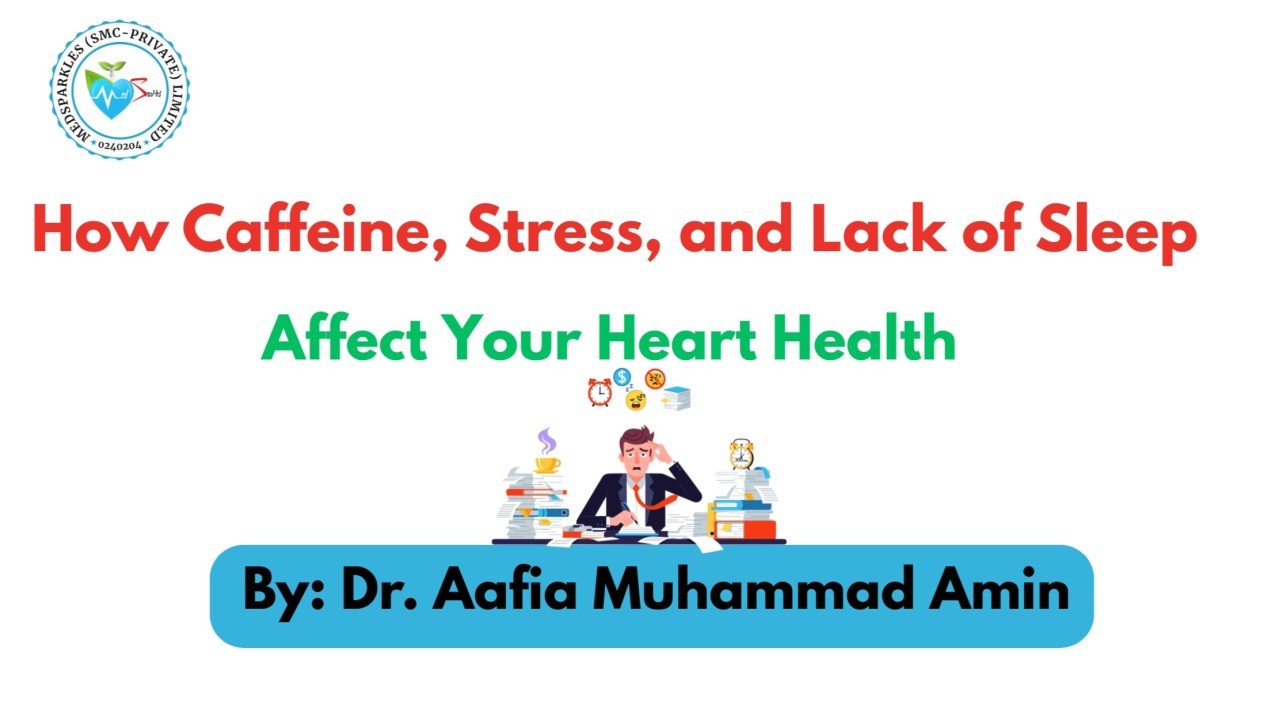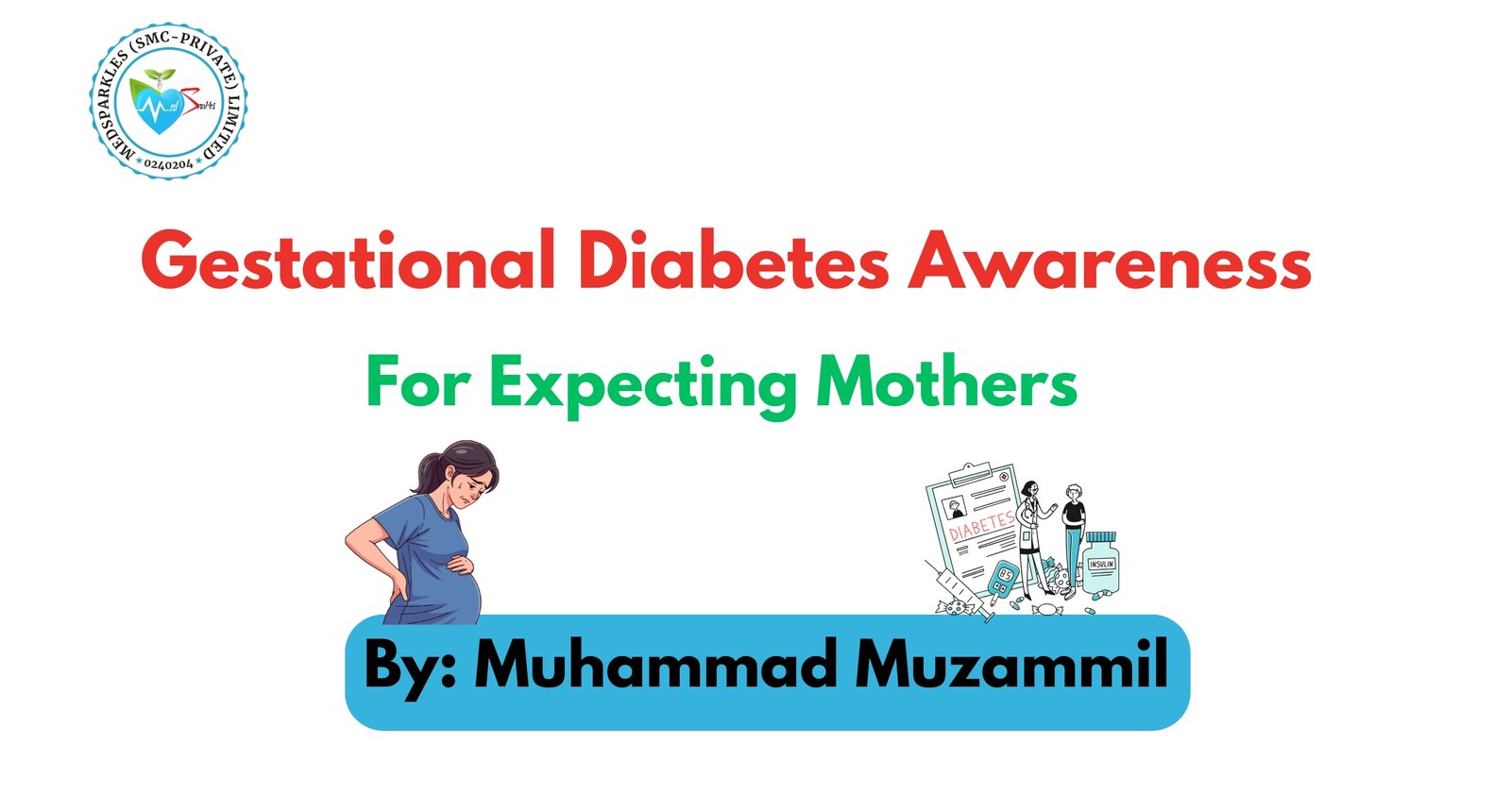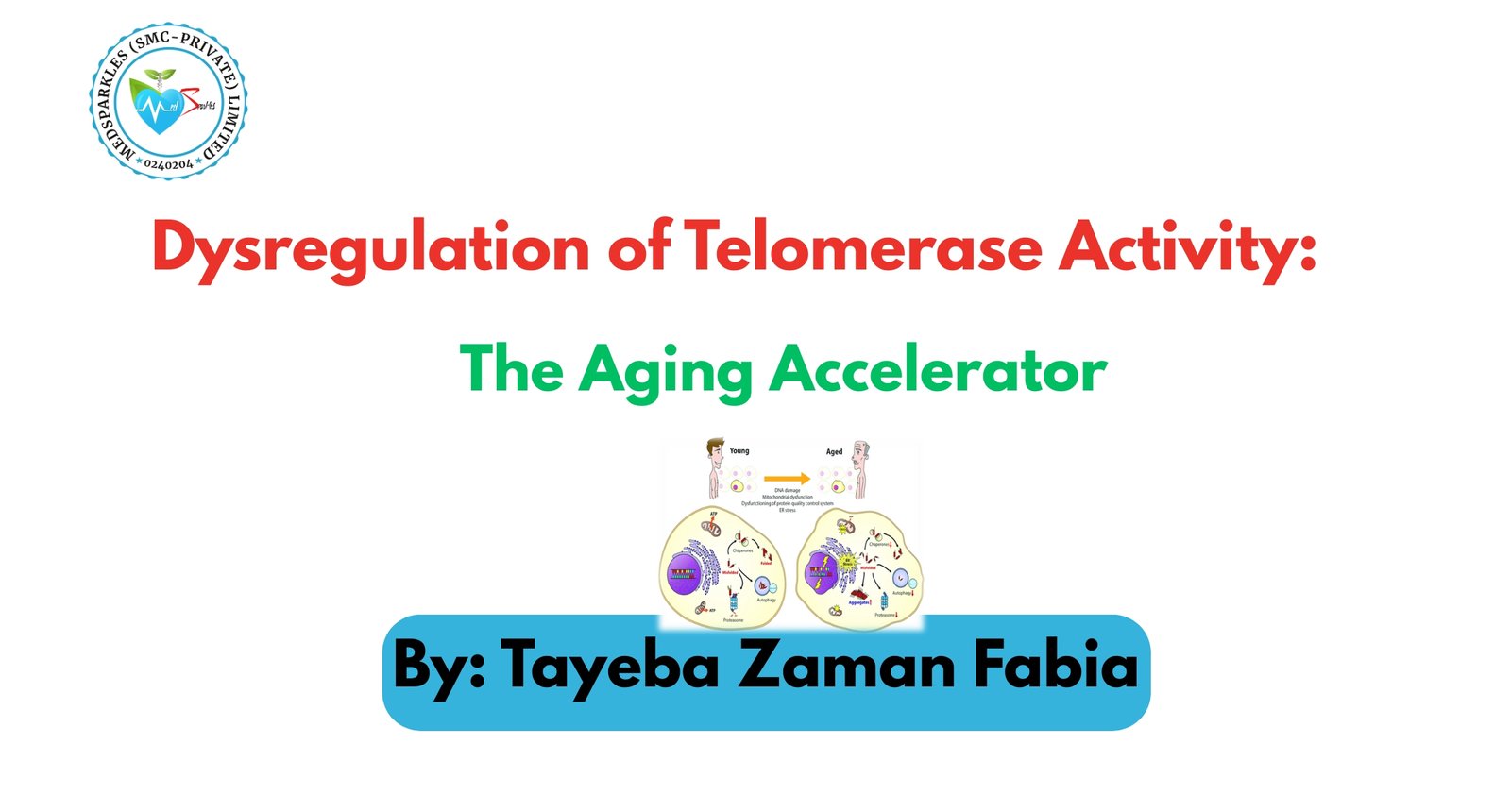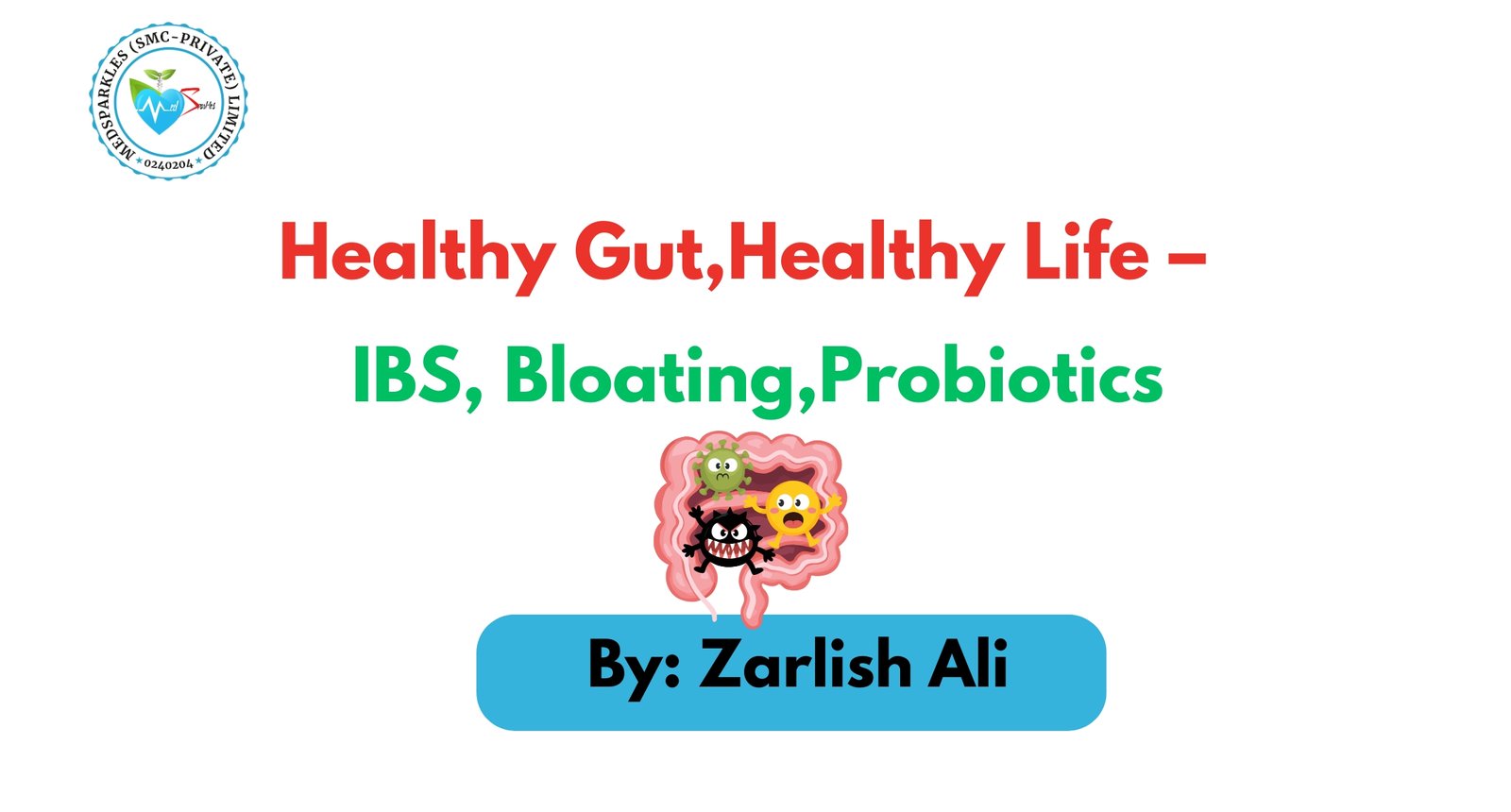As pharmacists, we play a crucial role in improving the mental well-being of patients in addressing their requirements of medication and wider facets of general health. Mental health is closely intertwined with physical health, and it has been fundamentally unique for pharmacists to identify those suffering from mental health conditions and those whose treatment plan actually exacerbates this problem.

What is mental health?
Mental health encompasses emotional, psychological, and social well-being. It significantly influences individuals’ thoughts, feelings, and behaviours, thereby affecting their capacity to manage stress, establish relationships, and make informed decisions. The importance of mental health is paramount at every stage of life, from childhood through adulthood.
It is necessary to distinguish between poor mental health and mental illness:
- Poor mental health doesn’t always mean the presence of a diagnosable mental illness.
- Conversely, people with mental illnesses can experience periods of mental and social well-being.
Pharmacists must acknowledge this distinction in order to deliver personalized and compassionate care to patients.
Why Mental Health Matters to Overall Health
Mental and physical health is interdependent. For example:
- Depression can worsen chronic conditions like diabetes or cardiovascular disease.
- Chronic, physical illnesses can significantly contribute to raising the risk for mental health conditions: one cycle of poor health outcomes creates another.
Pharmacists occupy a position in solving these combined problems through guidance and counselling in the management of physiological and psychological health.
Role of Pharmacists in Mental Health.
Pharmacists are the one professionals working to improve mental health outcomes. Here’s how:
- Medication Management and Adverse Effects
In America, over 200 medications that are commonly taken have listed depression as a possible side effect, including:
- Beta-blockers.
- Proton pump inhibitors.
- Analgesics
- Stimulants
- Benzodiazepines

A study in 2018 by Qato et al. has identified a relation of multiple medications to the chances of depression development. According to the findings:
Patients who are prescribed three or more medications that carry the potential side effect of depression demonstrated a 15% likelihood of displaying symptoms associated with depression.
This contrasts with 6.9% for one drug and 4.7% for none.
It does not establish causation but strongly calls for a need for proactive activity on the part of pharmacists in identifying and mitigating cumulative effects of medications.
The Role of Pharmacists:
- Screen medication lists: by looking through the various lists of drugs from all involved prescribers, pharmacists might spot the potential offending drugs responsible for the mental health complaints.
- Counsel Patients: The prescribing of medication should be accompanied by counseling of the patient on the possible side effects, also mental health effects.
- Collaborate with providers: Provide suggestions for alternatives or modifications to minimize side effects while maintaining therapeutic intent.
- Evaluate Risks and Benefits: Help patients weigh the pros and cons of their current medication regimens, ensuring they make informed decisions about their care.
- Identifying Subtle Symptoms
Mental health symptoms often manifest in the most overtly subtle manner through the symptoms of fatigue, irritability, or emotional withdrawal, and pharmacists play a vital role in noticing these symptoms during regular contact by encouraging patients to seek more help.
- Promoting Medication Adherence
The common reason for nonadherence to mental health medications is side effect or stigma. So, creating trust with a patient would improve adherence and further impact patient outcome.
- Determine the physiological conditions that simulate mental disease.
Some physical health conditions may present with symptoms that resemble those of psychiatric disorders; hence, the pharmacist should consider other causes.
- Thyroid Disorders: Symptoms may resemble depression or anxiety.
- Obstructive Sleep Apnea: May result in fatigue and mood changes.
- Chronic Fatigue Syndrome: Often mistaken for depression due to poor concentration and energy.
- Lyme Disease: Cognitive decline and fatigue mimic depressive symptoms.
- Neuroendocrine Tumors: Rare adrenal tumors can cause panic attack-like symptoms.
A thorough understanding of these areas allows pharmacists to suggest further research and promote integrated care.
Conclusion:
Mental health is as important as the other aspects of one’s health, and pharmacists are in an ideal position to integrate mental health with physical health. With proactive management of medication-related risks concerning mental health, counselling to patients, and liaisons with healthcare providers, patient outcomes can be deeply transformed. The role of a pharmacist goes way beyond dispensing a prescription; it encourages the patients toward maximum mental and physical health capabilities.
Keywords: Mental health, Mental illness, Pharmacist, Medication
FREQUENTLY ASKED QUESTIONS:
Q1- What is Mental Health ?
Mental health encompasses emotional, psychological, and social well-being. It significantly influences individuals’ thoughts, feelings, and behaviours, thereby affecting their capacity to manage stress, establish relationships, and make informed decisions.
Q2- Differentiate between Poor Mental Health and Mental Illness.
| Poor Mental Health means issues with emotional, psychological, and social well-being. It influences individuals’ thoughts, feelings, and behaviours, thereby affecting their capacity to manage stress, establish relationships, and make informed decisions. Poor mental health doesn’t always mean the presence of a diagnosable mental illness. | Mental Illness refers to the presence of a diagnosable diseases which leads to the individual visiting a Clinic. It has specific symptoms and a treatment regimen that individual follows to relive the symptoms. |
Q3- List some medications with Mental Health Adverse Effects.
- Anti-Cholinergic,
- Anti-Convulsant,
- Benzodiazepines,
- Proton Pump Inhibitors,
- Smoking cessation Agents.
Q4- What Physical Conditions have symptoms that resemble Mental Illness?
- Thyroid Disorders,
- Obstructive Sleep Apnea,
- Chronic Fatigue Syndrome
- Lyme Disease





